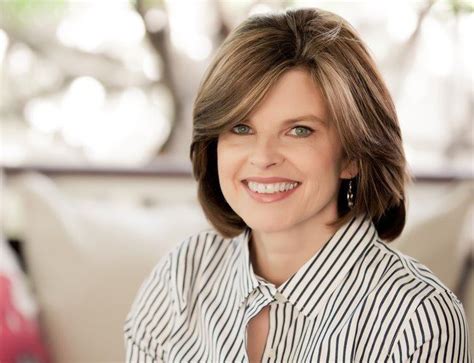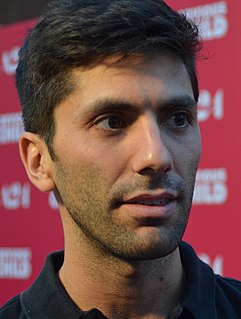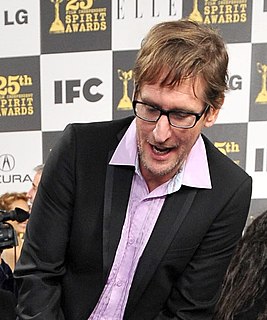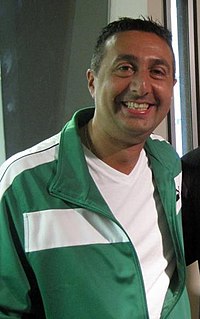A Quote by Ouida
Nature I believe in. True art aims to, represent men and women, not as my little self would have them, but as they appear. My heroes and heroines I want not extreme types, all good or all bad; but human, mortal--partly good, partly bad. Realism I need. Pure mental abstractions have no significance for me.
Related Quotes
When it comes to partisan politics, everyone is a hypocrite. And all they care about is whether it hurts or helps them ... Is it good or bad for the Democrats? Is it good or bad for the Republicans? Is it good or bad for Jews, or good or bad for blacks, or is it good or bad for women? Is it good or bad for men? Is it good or bad for gays? That's the way people think about issues today. There is very little discussion of enduring principles.
Women have entered the work force . . . partly to express their feelings of self-worth . . . partly because today many families would not survive without two incomes, partly because they are not at all sure their marriages will last. The day of the husband as permanent meal-ticket is over, a fact most women recognize, however they feel about "women's liberation.
King René of Anjou [(1409-80)]was a strange compound of amiable, great and trifling qualities. He was so excellent a sovereign as to acquire the surnom of the Good. He was brave in war, delighted in tournaments and wrote on them, instituted festivals and processions, partly religious and partly burlesque, was a fond husband, a romantic lover, a good painter for that age, and a true philosopher.






































